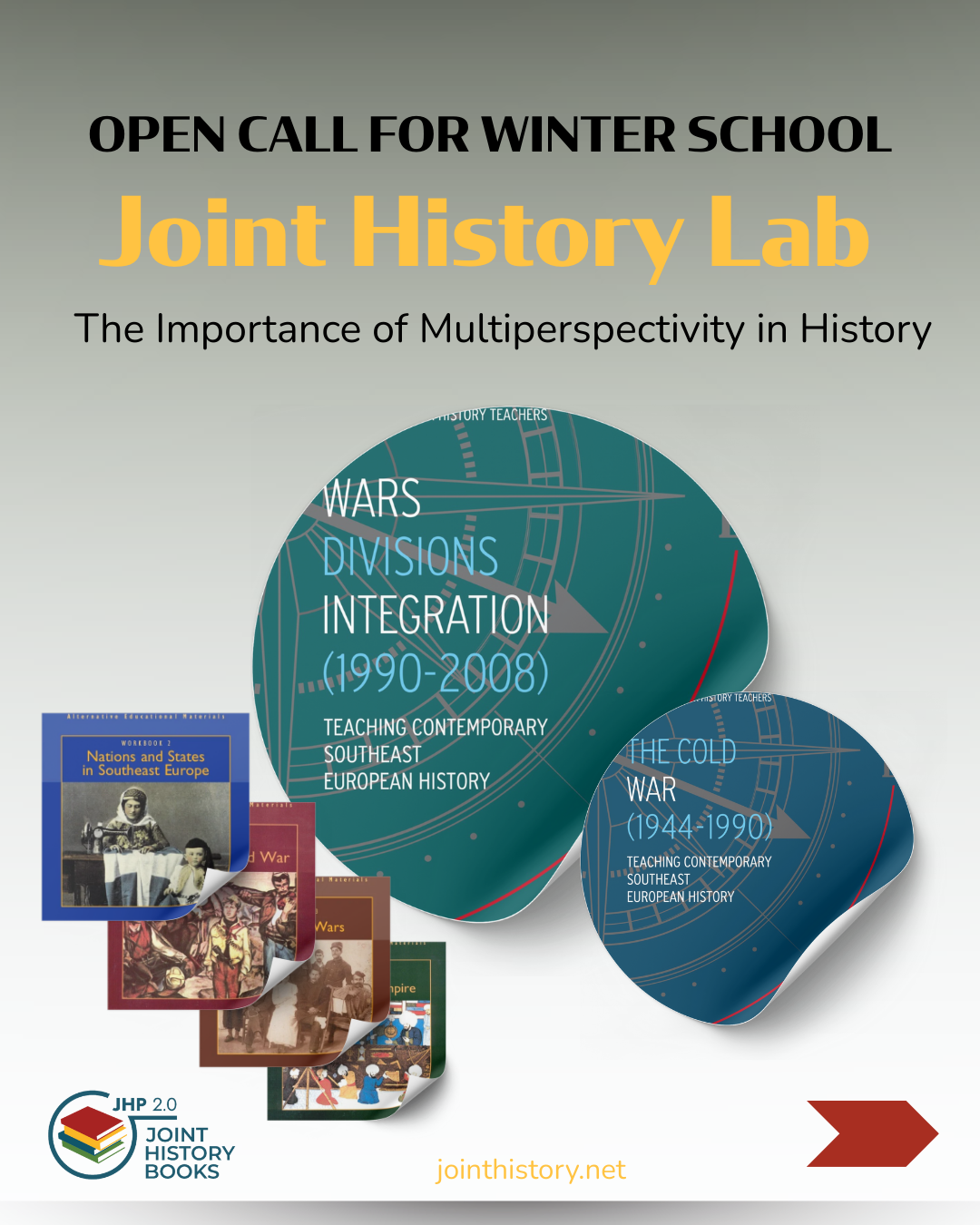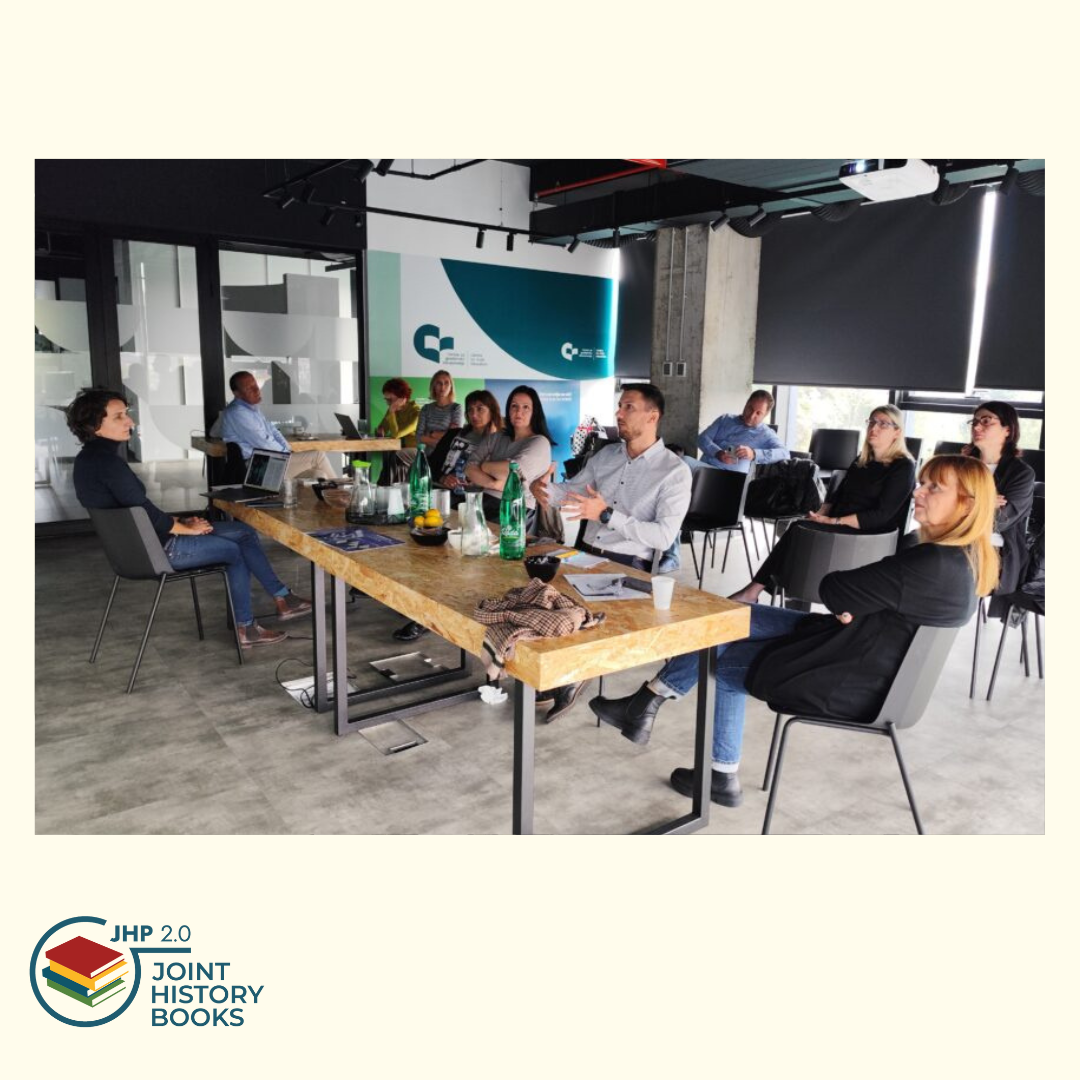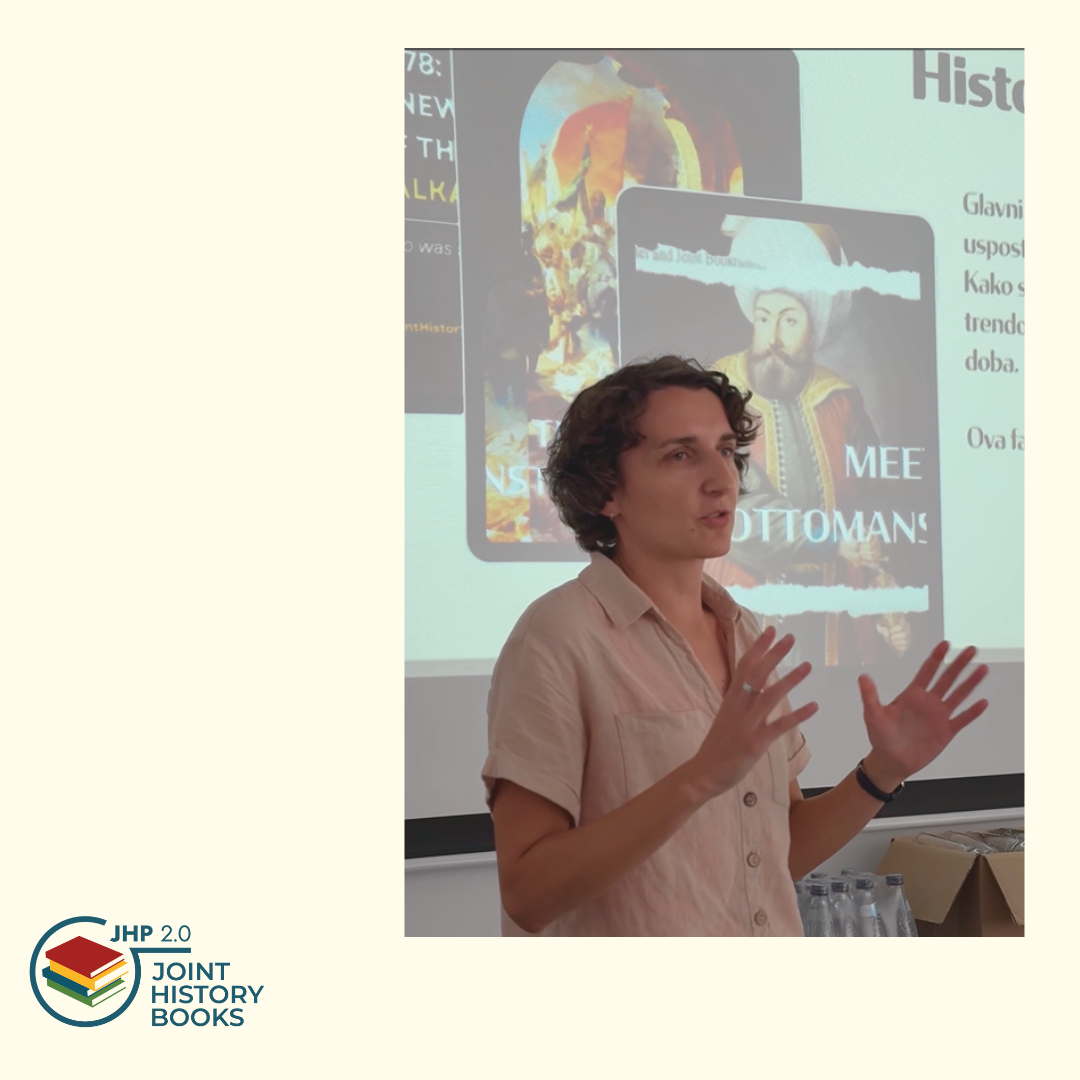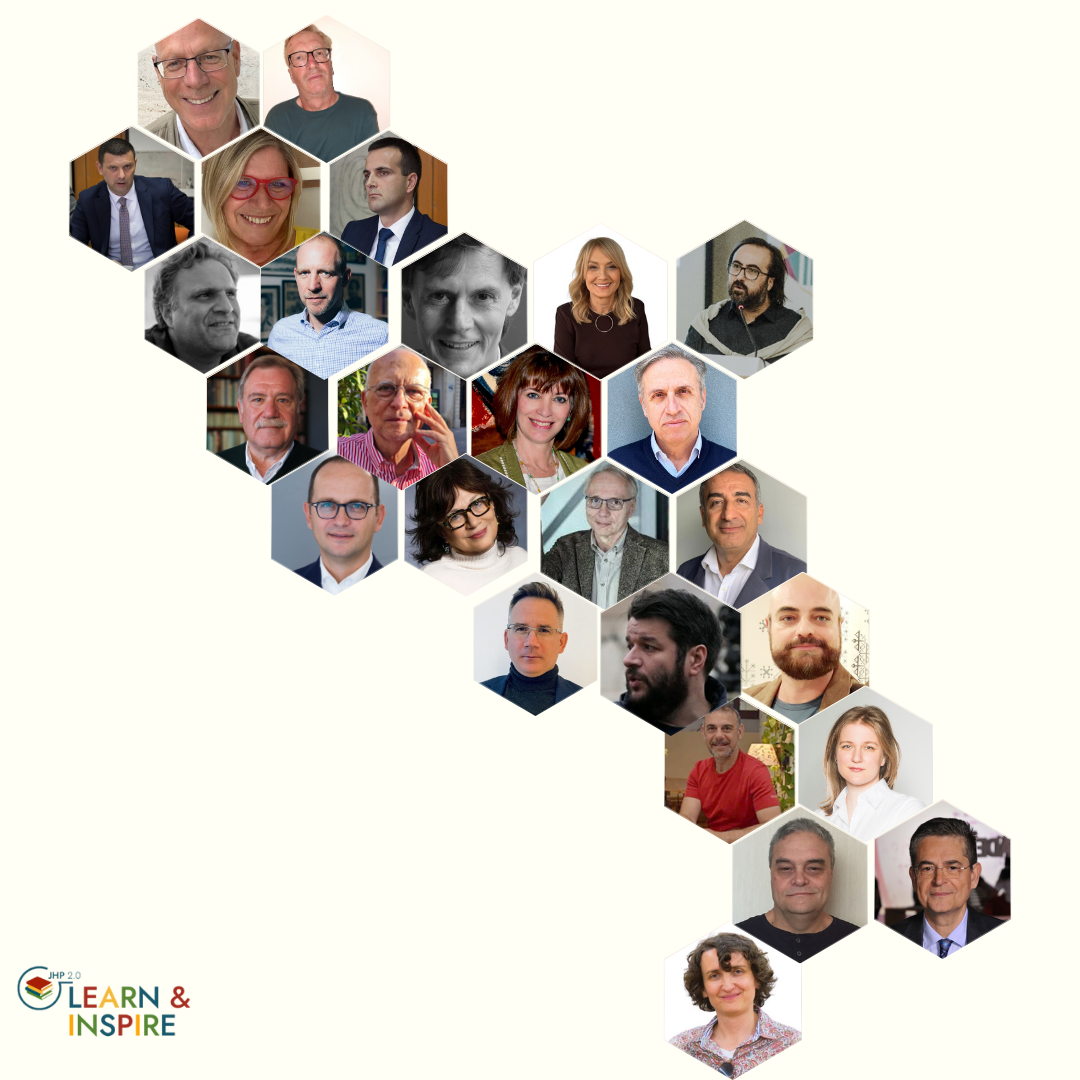OUR MISSION
Joint History Books are a groundbreaking collection of historical sources from Southeast European countries, designed to inspire students and empower history teachers with diverse perspectives. Our mission is to equip teachers and students with the tools to analyze and debate national historical narratives, fostering critical thinking not only about the past but also the present and future.
Our materials challenge false narratives, discrimination, and prejudice, helping build more inclusive and democratic societies.

of 13 countries in Southeast Europe.

They span the period form the Ottoman Empire to 2008.
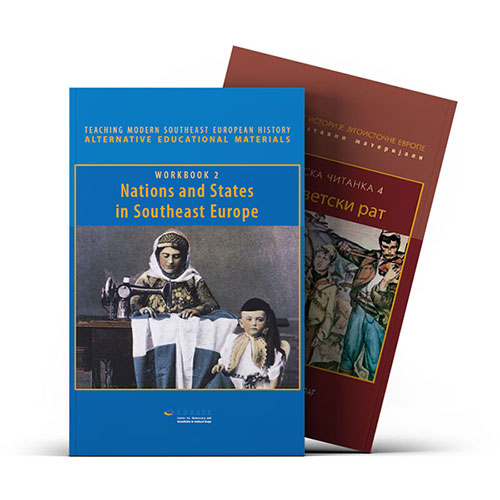
WHAT WE DO
The authors had been led by the idea of collecting and presenting historical sources alongside the perspectives embedded within them, rather than producing a work of historiographical analysis. The intent is illustrative in nature, aimed at fostering critical engagement rather than offering definitive interpretations.
Also, the volumes employ a comparative framework and embrace a multiperspective approach to historical inquiry.

CHOOSE THE BOOK
FOLLOW US
We believe in the importance of making history accessible and engaging for all. Our goal is to spark conversation with younger generations, helping them address historical misconceptions and promoting a more nuanced understanding of history. Follow us on various platforms.
We choose to present our work on social media platforms to reach a new digital audience.
TESTIMONIALS
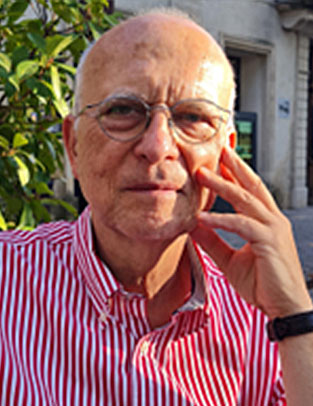
This is a long-term endeavor — it’s been going on for almost three decades. And the world has changed incredibly over these thirty years.
Three decades ago, we rarely used personal computers, and the internet was just beginning to emerge. What worries me is whether the things we thought about and wrote back then can be translated into the present moment — into what we now call social media, into new forms of expression. And I think my generation probably can’t do that anymore.
That’s why I would be truly glad if young people — all young people — took over this idea, this endeavor, transformed it, adapted it, but still expressed themselves through the foundations on which we built this project: respect for diversity, respect for the variety that exists in how people think, live, and envision the future.
So that is my greatest wish — for young people to come and carry this forward.
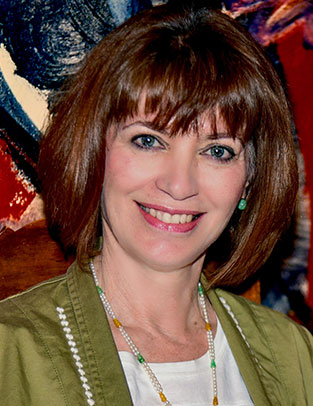
We were historians, we loved history, and we wanted societies to change for the better. We believed that history could be a means to change the world — and that’s what we wanted: to change the world. Even today, what is it, 30 years later? Even today, we believe this is a noble cause worth fighting for.
Unfortunately, since then… and based on the conclusions we reached back then, it seems that not much has changed. There are still problems in schools — with textbooks, with the way history is taught, with the discourse around history, which remains highly nationalistic. But above all, the fact that children don’t love history.
So, we must be doing something wrong. Maybe it’s time for all of us to join forces and change that.
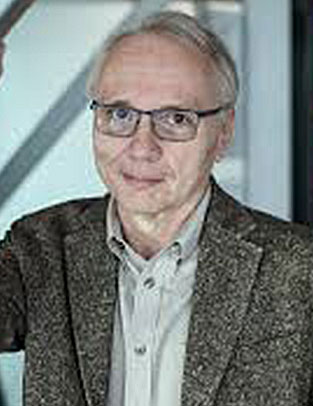
I believe this project is important for several reasons. One is that, over the thirty years it has lasted, those of us who have worked on it have grown closer and created a kind of micro-community of historians from the region, which functions very well — not just professionally, but we have, of course, become friends over that time. And for me personally, that would be the most important part of the project.
But yes, the project is also important because of the impact it has had through its results. I think we’ve managed to connect many history teachers from across the region, and that these teachers now look at history differently. They’ve become aware of the need for comparison — not just interpreting their own national history, but comparing it with the histories of neighboring countries, in order to see which experiences are shared and which are different.
And finally, I believe — I hope — that this has had an impact on the students who are taught by these teachers. That might be a bit difficult to measure, but I truly hope this project has, in that way too, left a significant mark in all the countries involved.
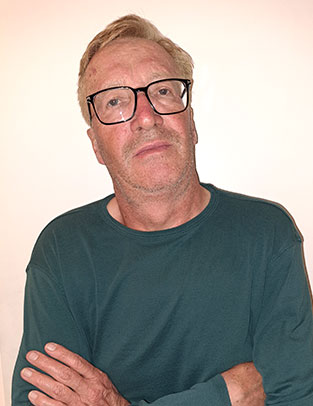
We concluded the textbook with the period after the Cold War up until 2008, which means it covers the most sensitive topic of all the textbooks we’ve created — because the processes are not yet complete, because we still don’t know what will happen with the borders, because some wish for those borders to change. That they won’t remain as they are now. Because we don’t have enough sources, and because the traces are still very personal and sensitive.
And here, we must seek some kind of balance — a balance in open classroom discussion, but also a balance with politics, especially because new countries, young states, were formed during the very process of making these textbooks. These countries look at history from today’s perspective. And it’s always difficult to explain to them what the actual historical context is.
And I think this will be one of the biggest challenges, especially as we shift to modern, visual methods — one of the biggest problems we will have to face.
Our analyses show that in recent years the state of education in the field of history has worsened, above all in Croatia and Serbia, which we constantly monitor, and therefore also in Bosnia and Herzegovina. From some good moments in the early 2000s we are now moving towards an increasingly worse phase, with more and more nationalism, less and less need to find new methods to didactically bring this all closer to children in some new ways. That is why I am sure that this project will remain really avant-garde, and remain a kind of a role-model ideal which we will seek to reach again, who knows when. Because the idea that history can be debated, that it is a field of discussion and not a given dogmatic truth, is something that is still very far not only from our history classes, but I’m afraid from our societies as well. Our societies believe in history, it is a kind of civil religion, it is used by everyone from taxi drivers to doctors, and this is extremely dangerous for the science itself. I hope that with these books and this project we have set a standard for history as an ever-going debate.




